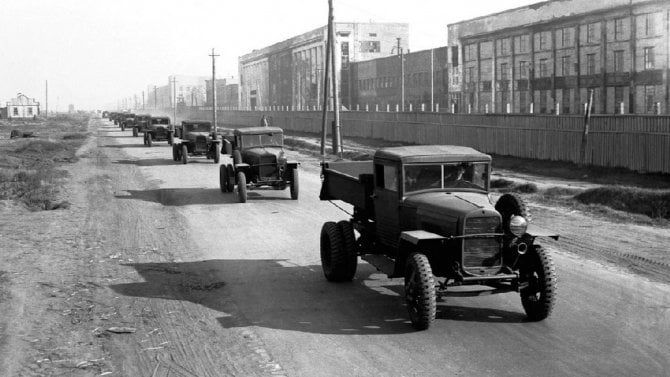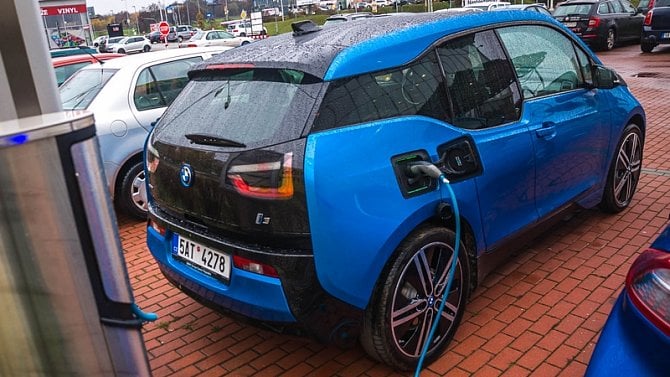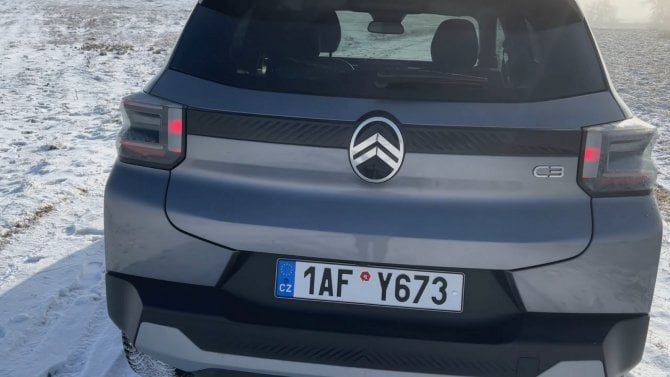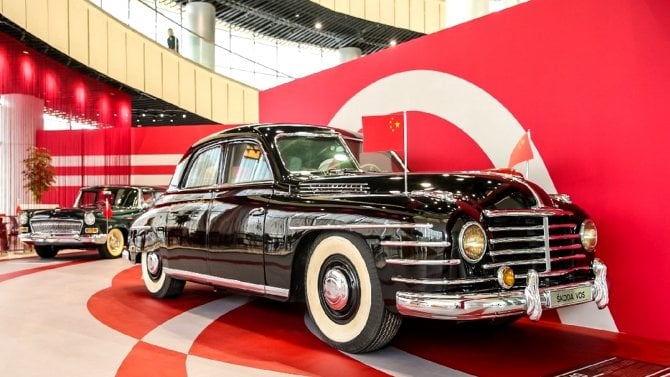...ruling coalition which includes the fiercely anti-nuclear Green Party.
Prime Minister Mirek Topolanek said the commission will be led by Vaclav Paces, head of the Academy of Sciences, and include experts from all political parties.
"This is not connected only with the oil crises we witnessed in the past, but also with what the entire EU is discussing as one of its priorities under the Finnish and German presidencies, and that is energy security," Topolanek told a news conference.
The Czech Republic is an electricity exporter but domestic demand is rising and many of its lignite-burning power plants are nearing the end of their lives.
Producers, including the dominant power firm CEZ , are under pressure to decide on replacements.
Topolanek's Civic Democrats and the opposition Social Democrats both back building a new nuclear power station, which would most likely be based alongside CEZ's existing 2,000 megawatt plant at Temelin, south of Prague.
But the Greens, a key goverment partner for Topolanek, have secured a pledge in the ruling coalition's founding agreement that the government would not support building any additional nuclear units to the two existing blocs at Temelin and four at Dukovany, in the southeast.
A new nuclear power station would also spark protests in neighbouring Austria, which has rejected nuclear energy.
The Czech coalition agreement also states that lignite mines in northwestern Czech Republic would not be allowed to expand, narrowing the chances to build new power stations there.
Finland is the only west European country building a nuclear power plant at the moment.
However, debate around Europe on returning to atomic power is intensifying, given the growing desire to diversify energy sources from oil and gas coming from Russia and to use technology not emitting greenhouse gases.
Germany has pledged to phase out its nuclear power stations by the 2020s but support for the plan is waning.
[PRAGUE/Reuters/Finance.cz]




 Auta osvoboditelů – z východu: Československo a celá Evropa se staly křižovatkou vojenské techniky
Auta osvoboditelů – z východu: Československo a celá Evropa se staly křižovatkou vojenské techniky
 Auto blokující nabíjecí stanici bude možné odtáhnout. A je jedno, jestli má spalovací motor, nebo je to elektromobil
Auto blokující nabíjecí stanici bude možné odtáhnout. A je jedno, jestli má spalovací motor, nebo je to elektromobil
 Ikona je zpět jako elektromobil a je skvělá! Poprvé jsme se svezli s novým Renaultem 5
Ikona je zpět jako elektromobil a je skvělá! Poprvé jsme se svezli s novým Renaultem 5
 Videodojmy: Tenhle malý hatchback jezdí za šest litrů, odveze čtyři lidi a nestojí ani 400 tisíc
Videodojmy: Tenhle malý hatchback jezdí za šest litrů, odveze čtyři lidi a nestojí ani 400 tisíc
 Škoda VOS: Historie československých vládních automobilů je přehledem politických obratů
Škoda VOS: Historie československých vládních automobilů je přehledem politických obratů
